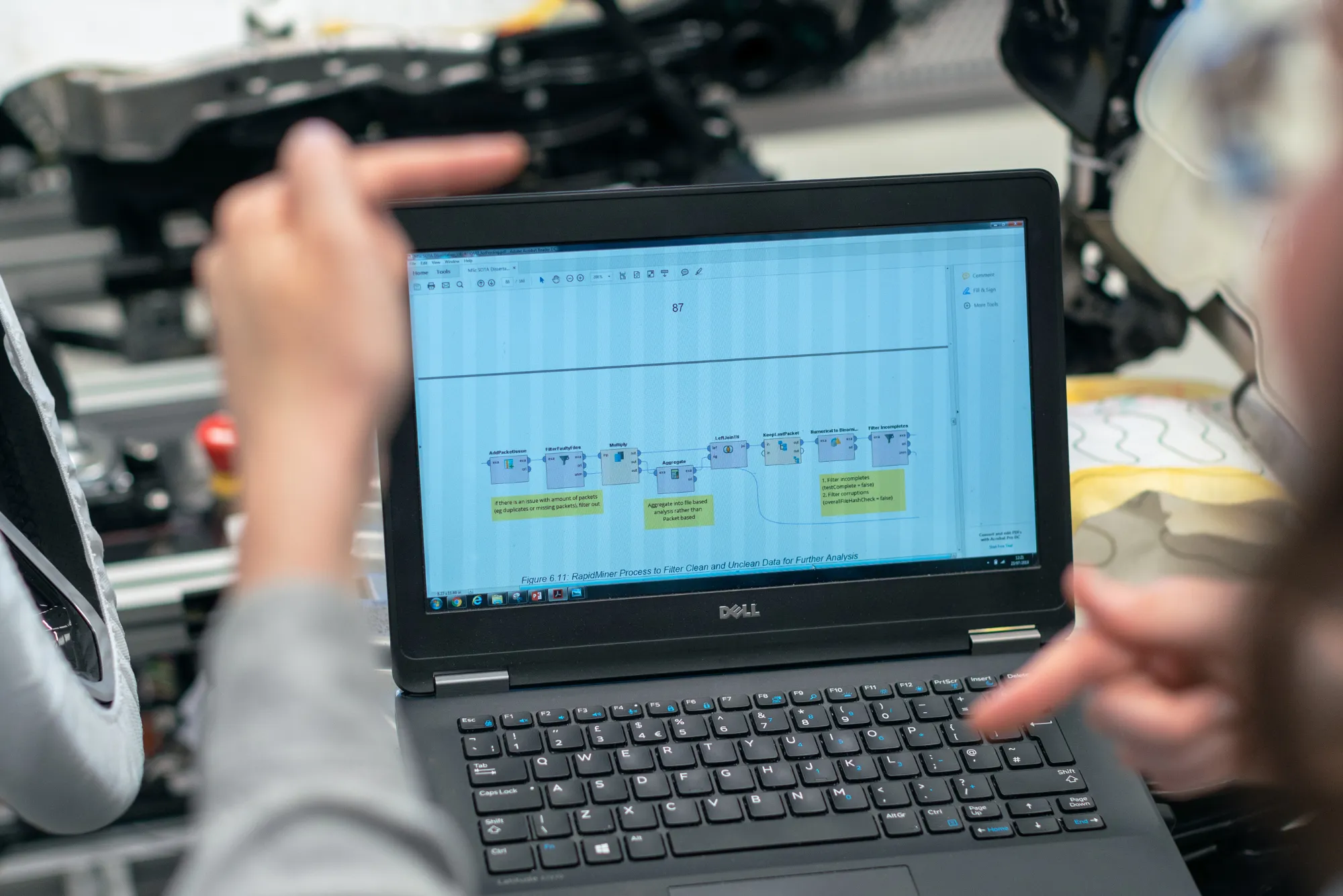Live sound engineering is a thrilling and dynamic career that plays a pivotal role in delivering unforgettable audio experiences at concerts, festivals, theater productions, and corporate events. In India, where the live events industry is booming, particularly in cities like Delhi, the demand for skilled live sound engineers is on the rise. To succeed in live sound engineering in Delhi, India, professionals need a blend of technical expertise, practical experience, and soft skills. This article explores the essential skills required to thrive in live sound engineering, offering actionable insights for aspiring professionals.
Technical Skills for Live Sound Engineering
1. Audio Equipment Proficiency
Live sound engineering demands a deep understanding of audio equipment, including microphones, mixing consoles, amplifiers, speakers, and signal processors. Engineers must know how to set up, operate, and troubleshoot these systems to ensure high-quality sound. Familiarity with analog and digital mixing consoles, such as those from Yamaha, Soundcraft, or DiGiCo, is essential. In India, where events range from intimate gigs to large-scale festivals, engineers must adapt to various setups, often under tight schedules.
2. Sound System Design and Tuning
Designing and tuning sound systems is a core skill for live sound engineering in Delhi, India. Engineers must understand acoustics, sound propagation, and how to optimize systems for different venues, from open-air stadiums to indoor auditoriums. This includes setting up speaker arrays, managing sound dispersion, and using tools like equalizers and compressors to balance audio output. Knowledge of software like Smaart or Meyer Sound’s MAPP for system tuning is highly valued.
3. Digital Audio Workstation (DAW) Expertise
While live sound engineering primarily focuses on real-time audio, familiarity with DAWs like Pro Tools, Logic Pro, or Ableton Live is crucial for pre-production tasks, such as preparing backing tracks or effects. Engineers may need to integrate pre-recorded elements into live performances, requiring seamless synchronization between live and recorded audio.
4. Signal Flow and Troubleshooting
Understanding signal flow—how audio signals travel from input to output—is fundamental. Engineers must trace signal paths to identify and resolve issues like feedback, distortion, or signal loss. In fast-paced environments like live sound engineering in Delhi,India, quick troubleshooting under pressure is a critical skill, ensuring performances run smoothly.
Practical Experience and Industry Knowledge
5. Hands-On Experience
Technical knowledge alone isn’t enough; practical experience is vital. Aspiring engineers should seek opportunities to work on live events, starting with small gigs or internships with production companies. In India, cities like Delhi offer a vibrant scene with music festivals, corporate events, and theater productions, providing ample opportunities to gain hands-on experience. Volunteering at local venues or assisting experienced engineers can build practical skills and industry connections.
6. Understanding Live Event Dynamics
Live sound engineering requires adapting to the unique demands of each event, whether it’s a rock concert, classical performance, or corporate conference. Engineers must understand the genre, audience expectations, and venue acoustics to tailor the sound accordingly. In Delhi, where events range from traditional qawwali performances to modern EDM festivals, versatility is key.
7. Knowledge of Safety and Regulations
Live sound engineers must be aware of safety protocols and regulations, such as electrical safety, rigging standards, and noise level restrictions. In India, compliance with local laws, especially in densely populated cities like Delhi, is critical to avoid penalties and ensure safe operations. Familiarity with standards set by bodies like the Bureau of Indian Standards (BIS) can set professionals apart.
Soft Skills for Success
8. Communication and Collaboration
Live sound engineering is a collaborative role. Engineers work closely with performers, event organizers, and other crew members. Clear communication ensures everyone’s needs are met, from the artist’s monitor mix preferences to the event planner’s schedule. In Delhi’s fast-paced event scene, the ability to communicate effectively under pressure is invaluable.
9. Problem-Solving Under Pressure
Live events are unpredictable, with technical glitches or last-minute changes being common. Engineers must think on their feet, whether it’s fixing a faulty cable or adjusting the mix during a performance. This problem-solving ability is especially crucial in live sound engineering in Delhi, India, where large audiences and high-profile events leave little room for error.
10. Attention to Detail
A keen ear for detail is essential for delivering flawless audio. Engineers must detect subtle issues like frequency imbalances or phase cancellation and make real-time adjustments. This skill is honed through practice and critical listening, often using reference tracks to train the ear.
Education and Training
While formal education isn’t always mandatory, a degree or diploma in audio engineering, music production, or a related field can provide a strong foundation. Institutions like the Sound Engineering Academy in Kerala or the Film and Television Institute of India (FTII) in Pune offer specialized courses. Additionally, online platforms like Coursera or Berklee Online provide accessible training in audio fundamentals.
Certifications, such as those from Avid (Pro Tools) or Dante (audio networking), can enhance employability. In India, where the live events industry is growing, certifications demonstrate a commitment to professionalism and technical expertise.
Building a Career in Live Sound Engineering
11. Networking and Industry Connections
Networking is crucial in India’s live events industry. Attending events, joining professional groups like the Indian Pro Audio Society, or connecting with peers on platforms like LinkedIn can open doors to job opportunities. In Delhi, where the industry is competitive, building relationships with event organizers and production houses is essential.
12. Portfolio Development
A strong portfolio showcasing past projects, such as recordings of live mixes or testimonials from clients, can set candidates apart. Aspiring accountants can document their work at small gigs or create demo mixes to demonstrate their skills.
13. Adaptability to Technology Trends
The live sound industry is evolving, with advancements like immersive audio (e.g., Dolby Atmos for live events) and networked audio systems gaining traction. Staying updated with these trends is critical for long-term success, especially in tech-savvy markets like Delhi.
Challenges and Opportunities in India
India’s live events industry is growing, driven by music festivals, corporate events, and cultural performances. However, challenges like budget constraints, inconsistent infrastructure, and high competition exist, particularly in live sound engineering. Professionals who combine technical expertise with adaptability and professionalism can capitalize on the growing demand.
In Delhi, events like the NH7 Weekender, corporate conferences, and theater productions offer diverse opportunities. Engineers who master the skills outlined above can find rewarding careers, working with top artists and production teams.
Conclusion
A career in live sound engineering in India, particularly in vibrant hubs like Delhi, offers immense potential for those with the right skills. Technical proficiency in audio equipment, system design, and troubleshooting, combined with practical experience and soft skills like communication and problem-solving, are essential for success. By pursuing education, certifications, and networking opportunities, aspiring engineers can build a rewarding career in this dynamic field. Whether you’re starting with small gigs or aiming for large-scale festivals, mastering these skills will set you on the path to becoming a sought-after live sound engineer.











